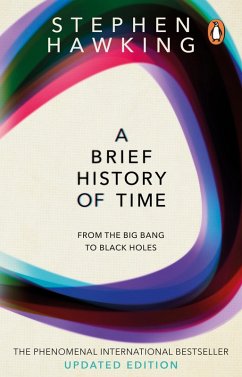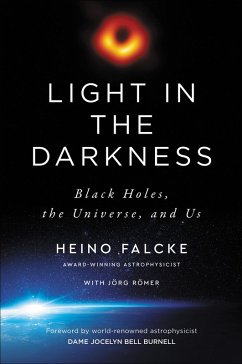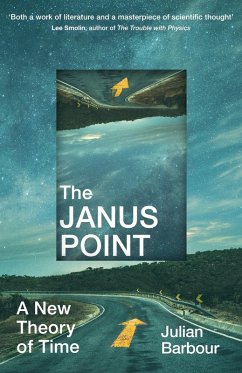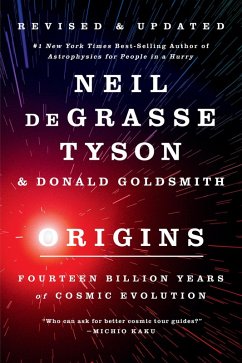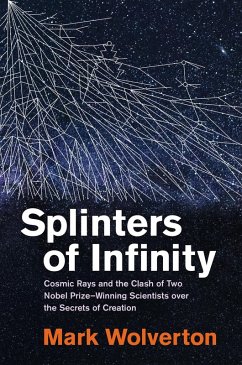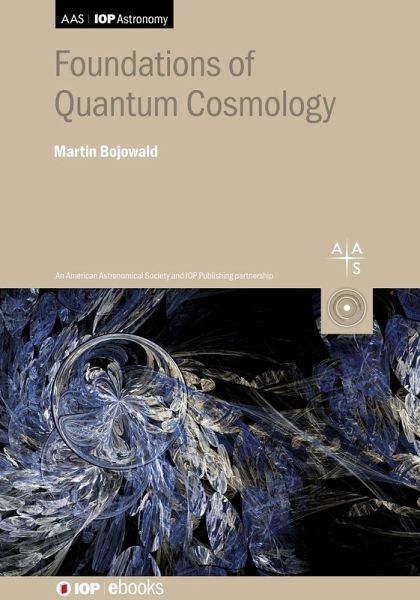
Foundations of Quantum Cosmology (eBook, ePUB)

PAYBACK Punkte
40 °P sammeln!
This book lays the foundations of quantum cosmology, developing classical cosmology and quantum physics based on general principles without requiring detailed background knowledge in these fields. Throughout the book, the discussion focuses on the physical meaning of space-time - classical or quantum - and on the important requirement of general covariance. Various classical models are derived from this condition and applied to basic questions in cosmology and the physics of black holes. The book's introduction of relevant ingredients from quantum physics makes it possible to derive fundamenta...
This book lays the foundations of quantum cosmology, developing classical cosmology and quantum physics based on general principles without requiring detailed background knowledge in these fields. Throughout the book, the discussion focuses on the physical meaning of space-time - classical or quantum - and on the important requirement of general covariance. Various classical models are derived from this condition and applied to basic questions in cosmology and the physics of black holes. The book's introduction of relevant ingredients from quantum physics makes it possible to derive fundamental features of quantum cosmology, to present the main approaches to quantum gravity, including string theory and causal dynamical triangulations, and to outline some of their cosmological implications. It is an essential guide for researchers in quantum gravity and astrophysicists interested in fundamental aspects of cosmology.
Key Features
Key Features
- Emphasizes the physics of quantum cosmology
- Employs new semiclassical methods to avoid counter-intuitive aspects in quantum cosmology
- Presents quantum cosmology in the language of well-understood physics models
- Highlights implications of general covariance in classical and quantum cosmology
- Includes results from a variety of approaches to quantum cosmology, as well as relations between them
Dieser Download kann aus rechtlichen Gründen nur mit Rechnungsadresse in A, D ausgeliefert werden.






